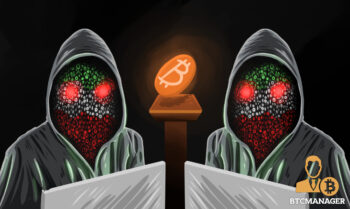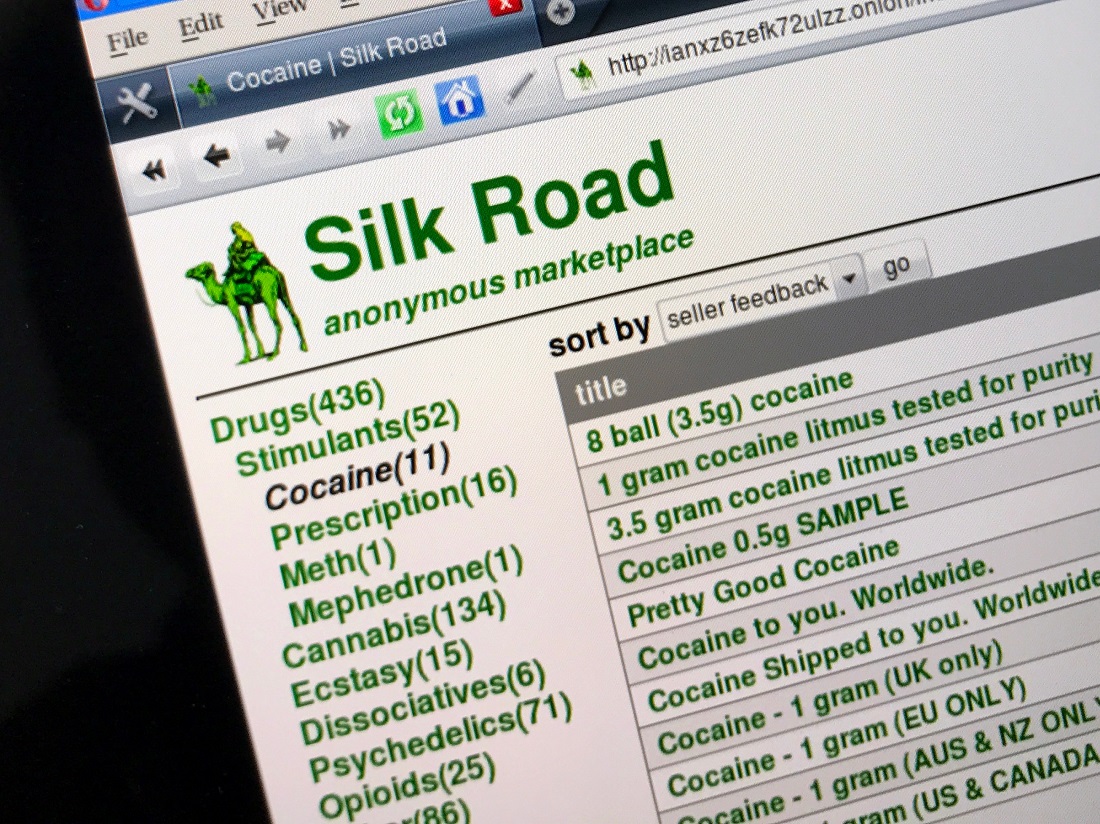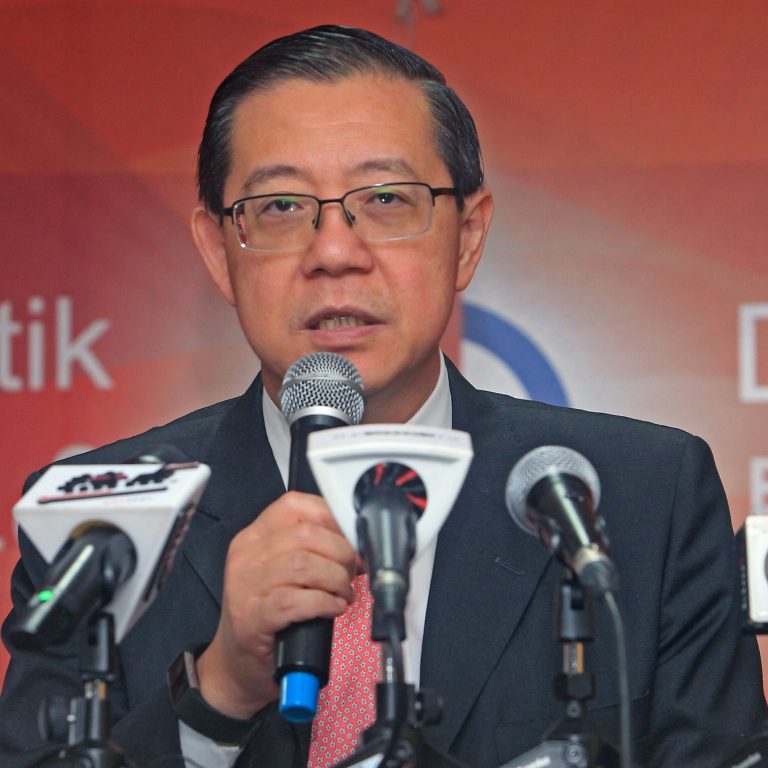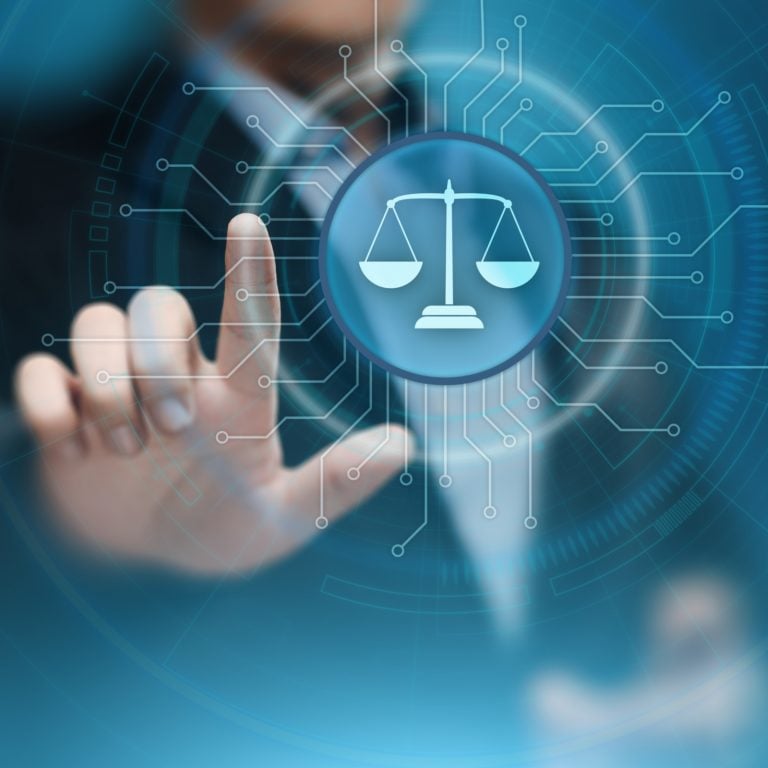2021-12-24 03:15 |
More than just a technology or asset, bitcoin has become a focal point for freedom-driven individuals.
Satoshi Nakamoto originally invented Bitcoin in 2009 as an alternative to traditional financial systems; like most of us, he1 had seen firsthand the disastrous impact corrupt centralized institutions can have on the world through the 2008 financial crisis. Nakamoto recognized the need for a better system, one that could separate itself from centralized powers and be the backbone of a truly free economy. He also understood that such a digital system should rely on no one, not even the creator/founder, to keep running.
Bitcoin was eventually created as a solution: an indiscriminate and decentralized digital asset that relied on a distributed network of miners, rather than a centralized party. The Bitcoin network proposed a new economy in which individuals would be free to transact as they wish, without oversight, surveillance, or tracking. Bitcoin was also the first practical application of blockchain technology, setting in motion a decentralized revolution that continues to this day, slowly breaking free our world’s technology from centralization.
When Bitcoin was first released, it primarily drew a lot of attention from the cypherpunk community, who were a collection of hackers and hobbyists interested in cryptography and private transactions free from government censure. After a period of testing by this community of programmers, bitcoin was at first little more than an anonymous currency, and became widely used to support illicit transactions for drugs and other paraphernalia. In fact, one of the first applications of bitcoin was Silk Road, a website that enabled users to buy a variety of illegal products using the currency.
However, as time went on, Satoshi’s true vision was slowly realized. Bitcoin slowly began to become the center of a new decentralized economy, and attracted many individuals who had simply become fed up with the economic state of the world. “Holders of bitcoin,'' as they are now called, were separated into two categories: those who treated bitcoin as an investment, and those who truly believed in a decentralized future. While the former has certainly helped bitcoin become mainstream, it's been the latter that has pushed bitcoin to being more than just a digital currency. This article aims to provide several personal accounts of the realization that ultimately comes when one goes from looking at bitcoin as an investment to looking at Bitcoin as a lifestyle.
I myself first heard of bitcoin on a snowy Christmas Eve about four years ago. My family was about to make an annual road trip to visit some relatives, and I stopped by the local library to pick up some books to entertain myself on the way. This was right after the famous “boon” of 2017, when bitcoin and other digital assets gained mainstream attention for the first time due to massive gains in price. Being a high school student interested in both technology and economics, the concept of a currency and financial ecosystem running entirely on the internet had always excited me. With a six-hour road trip ahead of me, I decided to take a chance, and picked up several books related to Bitcoin and its potential to disrupt the economy.
These books ranged from a wide variety of topics and viewpoints: some derided bitcoin as nothing more than a scam that should be avoided, others praised Bitcoin for providing the means to transact freely without any permission or oversight, and one went deep into how Bitcoin represented one of the last hopes for independence in a world that was becoming increasingly populated with surveillance states. This take particularly grabbed my attention: I had become increasingly aware of the semi-authoritarian stance which both governments and big corporations were taking against the average citizen, and while I barely knew it at the time, I had a feeling that Bitcoin could be a part of a broader cryptographic movement that shielded the average person from constant monitoring and control.
As I dove deeper and deeper into the Bitcoin rabbit hole, I slowly began learning more about its history. I learned more about the philosophies of Satoshi, Hal Finney, and others who were part of the early Bitcoin ecosystem. I also began interacting more with the broader blockchain community, and met some of the most kind, intelligent, and welcoming people in the world. Then, after personally winning some prizes at the 2021 MIT Bitcoin Expo Hackathon, I decided to work in blockchain full-time, and eventually had the pleasure of becoming a part of the Bitcoin Magazine contributor network. It was here that I finally understood that Bitcoin was more than just software; it was a culture, a community composed of like-minded individuals who believed in the potential of Bitcoin to make the world a better place to live.
While interacting with the Bitcoin community, I had the pleasure of meeting Sam Cargo, a contributor to Bitcoin Magazine and a strong advocate for its potential to bring freedom to the lives of many. What follows is an abridged version of Sam’s personal story of getting into Bitcoin, and the lessons he learned along the way:
During summers between semesters, I interned at an engineering firm which presented two significant life-changing opportunities: the first one I was blind and missed, the second one I saw and created. That first opportunity was to invest in bitcoin and begin mining with a fellow, wiser intern who introduced me to the blockchain spectrum in 2014. I thought he was an idiot and I couldn't understand how a computer mines magic internet money.
Sure enough, provided one does their homework, bitcoin's value proposition becomes common sense and crystal clear. The second opportunity didn't come until many years later; after finally realizing Bitcoin's mystique, I resolutely put skin in the game and diverted income into bitcoin. Despite feeling late to the party, I sought to entirely commit myself to furthering Bitcoin's mission and re-creating the opportunity I regretfully missed. Perhaps ironically, my primary focus is the mining industry and how I can apply my current engineering career towards mining that sweet, sweet magic internet money.
In missing that first opportunity, I was forced to reflect on personal biases and question the status quo of the current monetary regime. Given our indoctrination into fiat as the norm, I find it completely sane for one to be skeptical of Bitcoin because it violates the "too good to be true" rule-of-thumb when filtering out bullcrap products. Bitcoin is truly a virtual elixir for many of today's socioeconomic illnesses, which is indeed difficult to imagine, let alone believe.
In studying Bitcoin, one tends to become enamored with doing all they can to participate in the Bitcoin community; whether it be developing, mining, writing, learning... I initially got into Bitcoin for the money, but stayed for the peaceful protest and the community. We are fortunate to witness the adoption of a revolutionary monetary system, entirely dictated by an apolitical protocol, bound by immutable natural law.
Bitcoin is ultimately a family composed of people like Sam who believe in a decentralized future. It is more than just a currency or a software; it is an economic movement, a sort of “protest” as Sam mentioned against the abuse that centralized powers have levied against the common man for generations. Over the past couple of years, the Bitcoin family has certainly been growing, with more and more people subscribing to the belief that what was once a project mainly being supported by a group of ragtag coders and cryptographers could one day indeed be the centerpiece of a decentralized economy.
This is a guest post by Archie Chaudhury. Opinions expressed are entirely their own and do not necessarily reflect those of BTC Inc. or Bitcoin Magazine.
1. The name implies Nakamoto was male, although it could have been anyone, or even a collection of people.
origin »Bitcoin price in Telegram @btc_price_every_hour
Bitcoin (BTC) íà Currencies.ru
|
|






























